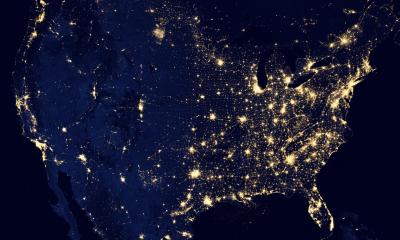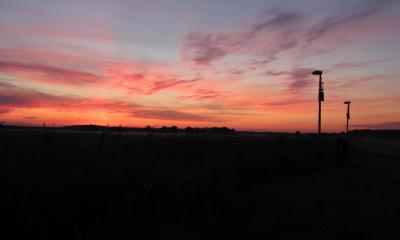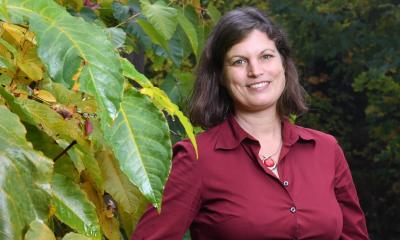Loss of the Night
Short profile
Duration
LakeLab illuminated by the moon. | Photo: Andreas Jechow, GFZ/IGB
There are often unexpected impacts on nature and society from technology. This is especially true for artificial light at night. In contrast to the highly valuable benefits of artificial illumination, there is a dark side of the light: Artificial illumination is a disturbing factor for all activity associated with darkness. Light pollution increases with unknown impact on nature and society.
For the first time scientists from vastly different fields will work together to study the ecological, chronobiological, cultural as well as socio-economical aspects and impacts of increasing artificial illumination on aquatic and adjacent terrestrial habitats, with Berlin-Brandenburg serving as the main research area. The project will develop the scientific basis for risk and technological impact assessment of artificial light at night.
For further information please click here. You will be directed to the website of the network.
Related Projects, that were or are still financed:
- COST LonnE
- SAW Illuminating lake ecosystems
- STARS4ALL
- Schutz der Nacht
Verlust der Nacht: BMBF, Senatsverwaltung für Stadtentwicklung Berlin, MILIEU
COST LonnE: EU
SAW Illuminating lake ecosystems : Leibniz Gemeinschaft
STARS4ALL: EU
Schutz der Nacht: Bundesamt für Naturschutz









